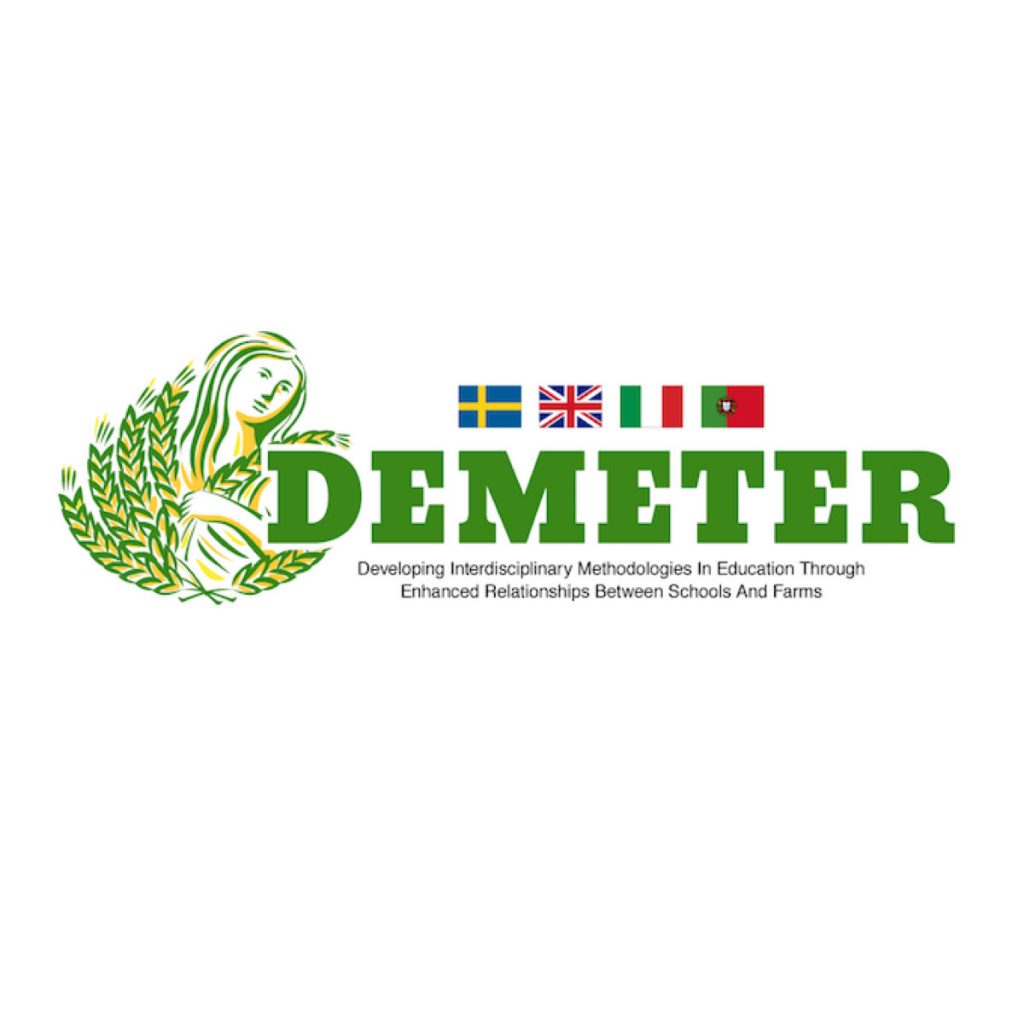
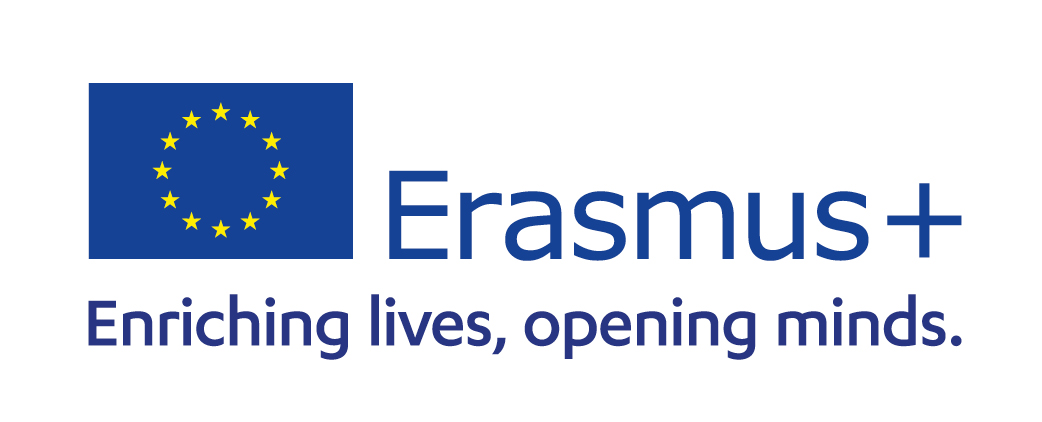
Erasmus+, KA2

“DEveloping interdisciplinary Methodologies in Education Through Enhanced Relationships between schools and farms”, the full title of the project, is a sentence that expresses how the partnership interprets the need to accompany the use of technology at school with the use of natural settings and inspiration provided by one of the first activity of the history of man: agriculture. The farm setting is ideal for fostering motivation, interest and a deeper learning. Skills-related memories from planting, smelling and walking around a farm, doing experiments and using language are harder to forget. Cognitive memories from the classroom are more likely to be forgotten.
Furthermore, all the partners come from rural areas and are interested in giving new impulses to local communities by fostering the relations among all the components of their systems (schools, business, and public authorities). Children needs to be educated to appreciate the beauty of the places they live and see the resources available. This will stimulate in the future their participation in the local community, and their entrepreneurship as well, thus helping prevent depopulation of rural areas.
The general objective is to improve the quality of school education provision by an increasing collaboration between schools and farms.
Specific objectives defined by the partners are:
In the three years of its duration, the project foresees:
One of the activities foreseen in the implementation of the project is the collection of good practices promoting the most fruitful collaboration among farmers and schools. Once the good practices have been collected, each partner is then testing the practices in their own schools, to assess whether they can be adaptable in any context.
Below some videos in which the practices are tested:
Two outputs have been developed:
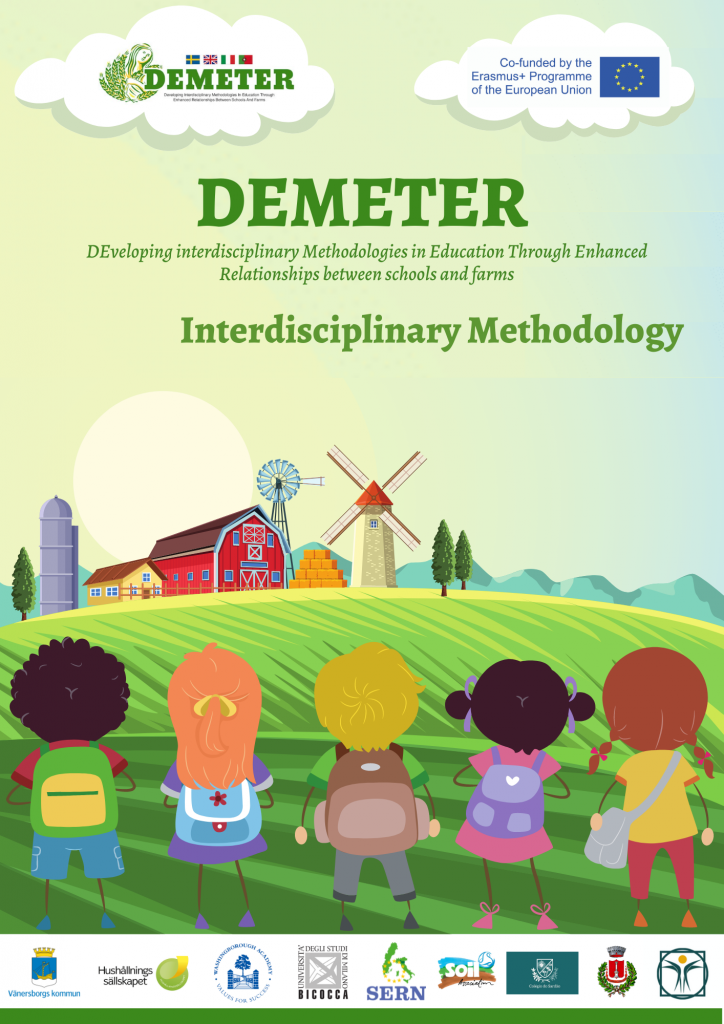
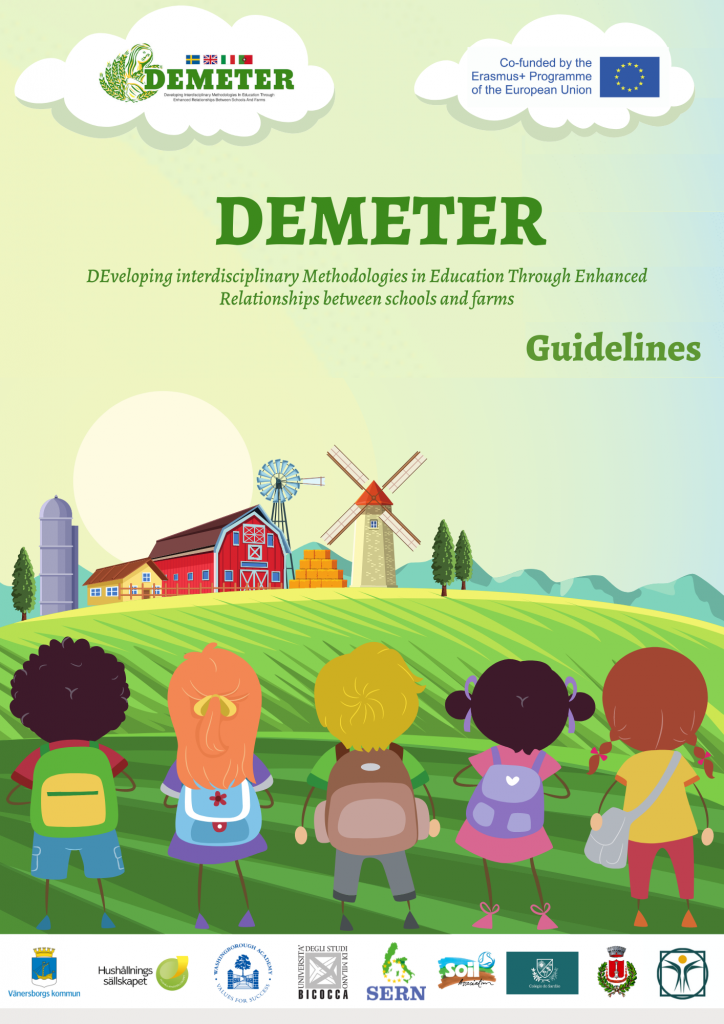
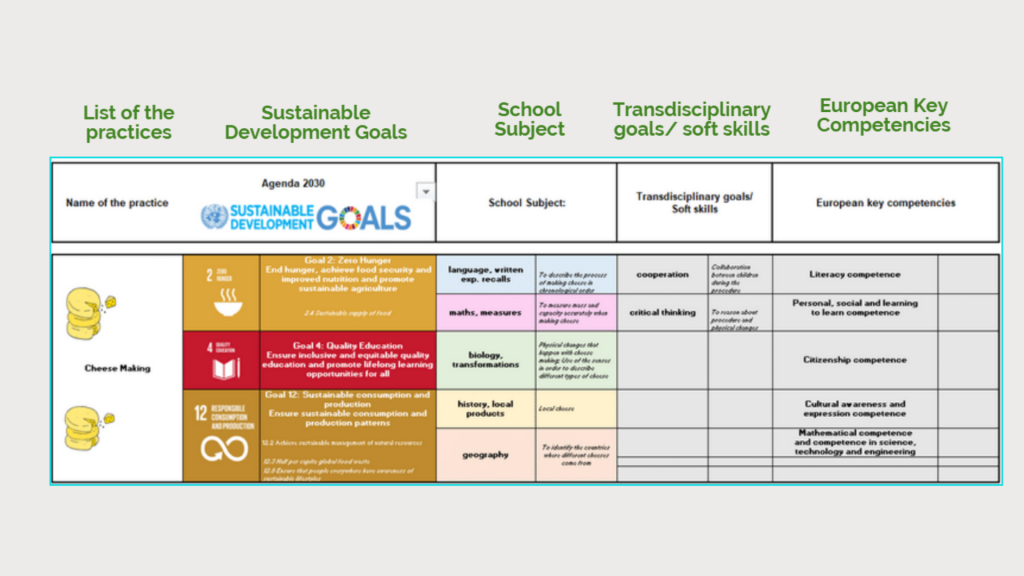

Our objective is to increase cooperation among the
members of the network, between Italy and Sweden
and, more in general, the North and South of
the European Union.
Stradone Martiri della Libertà, 15 – 43123 Parma (PR) – Italy | C.F.: 91251370374
Tel: +393483892600 – Website: www.sern.eu – Email: secretariat@sern.eu – PEC: secretariat@pec.sern.eu
© 2024 | All rights reserved | Privacy Policy | Cookie Policy